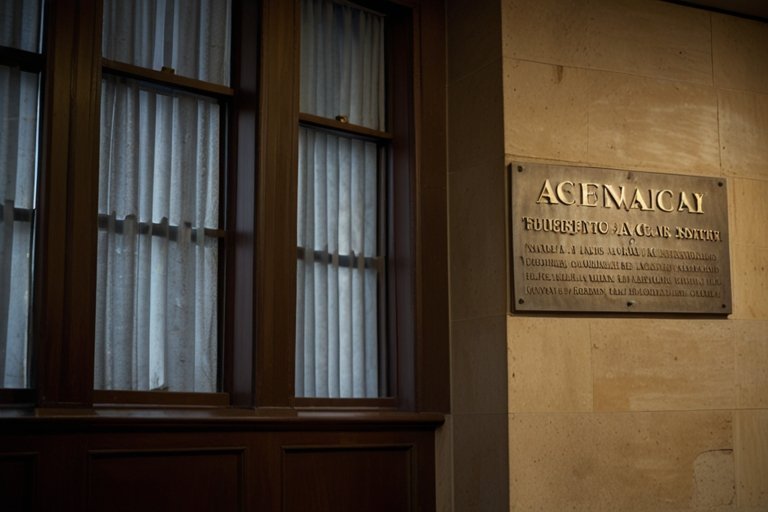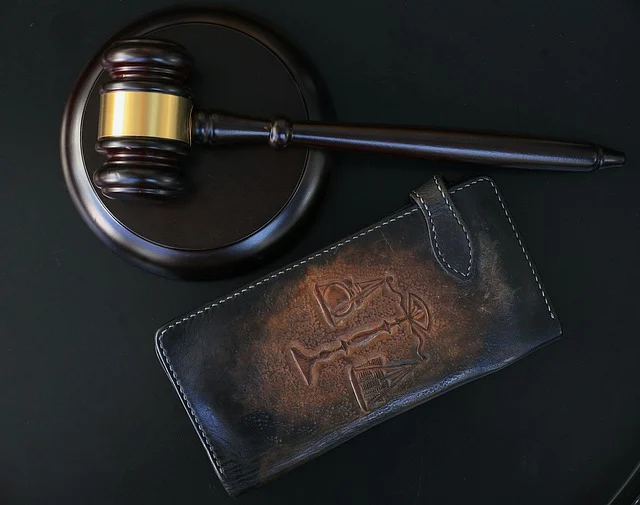The 72 soldlawsuit has shocked many. It has stirred legal debates. This case challenges conventional wisdom. It sparks curiosity and legal scrutiny.
What Is the 72 SoldLawsuit?
The 72 sold lawsuit concerns a controversial sale. Parties dispute the transaction’s legitimacy. The claim challenges the sale process. Many wonder about its legal basis. Lawyers discuss each detail. The case grows with every revelation.
This lawsuit involves multiple stakeholders. It features a claim of misrepresentation. The number 72 represents a specific sale record. The case has deep legal roots. Experts analyze every twist and turn.
Key Factors Behind the Controversy
Several factors fuel the 72 sold lawsuit. First, a claim of deceptive marketing emerged. Second, miscommunication between parties created confusion. Third, contract terms became ambiguous. These factors complicate the dispute.
Legal experts note the following:
- Ambiguous Agreements: Contract details remain unclear.
- Deceptive Promises: Marketing messages appear misleading.
- Consumer Protection: The case tests buyer rights.
Each element contributes to the controversy. They form a mosaic of legal debate. Courts now scrutinize every clause.
A Closer Look at the Legal Arguments

The lawsuit pivots on key legal arguments. Attorneys assert that clarity was lacking. They claim that buyers were misled. Sellers defend their intent. Both sides present valid points.
Below is a table comparing the core arguments:
| Aspect | Buyers’ View | Sellers’ View |
|---|---|---|
| Contract Clarity | Terms are vague and confusing. | Clauses are clear and standardized. |
| Marketing Claims | Advertisements promise more than delivered. | Promotions met standard industry norms. |
| Consumer Rights | Buyers deserve full transparency. | Disputes are over minor miscommunications. |
| Legal Precedents | Prior cases support buyer protection. | Industry cases favor seller discretion. |
The table offers a simple infographic of the case’s details. It shows that both sides have robust arguments. Lawyers work to untangle these complexities.
Real-World Implications of the Case
The 72 sold lawsuit affects more than the parties involved. Its outcome may change consumer protection laws. Businesses may adjust their sales practices. The case forces transparency in transactions. It prompts companies to review their contracts. Legal outcomes shape future marketing strategies.
Stakeholders monitor the lawsuit closely. Investors worry about market stability. Consumers demand fairness and clear terms. The legal community awaits the court’s decision. Each stakeholder finds lessons in the dispute.
Lessons Learned from the 72 Sold Lawsuit
The case teaches valuable lessons. It shows that details matter. Legal documents require precision. Marketing claims must be truthful. Both buyers and sellers must understand contract terms.
Consider these lessons:
- Read Contracts Carefully: Never assume details are clear.
- Verify Claims: Ask questions before finalizing sales.
- Seek Legal Advice: Consult experts when unsure.
- Demand Transparency: Companies must communicate clearly.
These insights resonate beyond the lawsuit. They remind us to be vigilant. They empower consumers to protect their rights.
How the Lawsuit Influences Future Sales

This lawsuit redefines legal boundaries. It sets new standards for transactions. Companies may change policies. Consumers gain power from increased transparency. The ripple effect extends to marketing strategies. Legal reforms might follow.
Short-term, the case unsettles markets. Long-term, it promotes clarity. Each side must adapt to a shifting legal landscape. Businesses learn to revise terms. Buyers become more informed. The lawsuit leaves a lasting mark on legal practices.
The Road Ahead for Legal Reform
Courts must balance fairness and business interests. They need to interpret ambiguous contracts. They will consider previous rulings. Legal reform might follow this case. Future sales may feature stricter guidelines. The 72 sold lawsuit serves as a catalyst.
Lawmakers watch the proceedings. They consider reforms for transparency. Legal frameworks may evolve. The case becomes a reference point. Its lessons fuel future debates.
FAQs
- What is the 72 sold lawsuit about?
It challenges the clarity of a sale and the truthfulness of its marketing. - Who are the main parties in the lawsuit?
Buyers claim misrepresentation, while sellers defend standard practices. - How does this lawsuit affect consumer rights?
It may strengthen laws that demand clear and honest contract terms. - What lessons can businesses learn from this case?
They should ensure transparency and precision in all sales documents. - Could the outcome of this lawsuit lead to legal reforms?
Yes, the case might prompt stricter guidelines for marketing and contracts. - How does the dispute impact future sales strategies?
Companies may adopt more transparent and consumer-friendly practices. - What role do legal experts play in this lawsuit?
They analyze every detail to balance the interests of both buyers and sellers.










